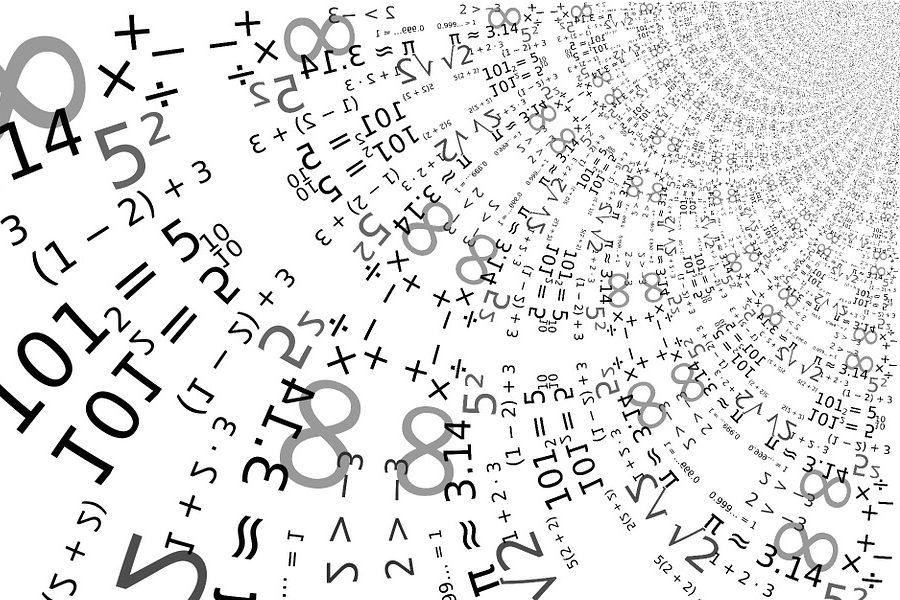Calculating Self-Worth
The meaningless numbers we use to define ourselves
February 14, 2017
I once overheard, “I might have my first ever B on a report card this semester.”
Now hearing this made me feel… bad. First B? There was no real reason for me to be bothered by this, after all, this was not something that I personally struggled with, but it did remind me of another incident.
A coworker and I got on the topic of grades when she mentioned being unable to keep up with others in her class. “I don’t understand how people get good grades,” she said. “I really try, but there are some people who don’t even have to study to get A’s. I don’t know if it’s just that I’m stupid or that they’re really smart.”
She went on to explain that she stopped trying to compete because it seemed that no amount of effort could raise her grades. Now this resonated with me, maybe it was because of her genuine upset or shared sentiment, regardless of why, I found this incident very touching. I did my best to assure her with the “some people are more inclined to certain subjects, not because they are better but because that’s just the way they are” talk, but that did not change the fact that she viewed herself negatively simply because she struggled in math. Sadly, feeling this way is not uncommon, not only in schools but workplaces and general communities.
The fact is people learn at different paces and focus better on certain subjects. Even then, it is a common practice to try to label ourselves as if it adds more meaning to our lives. It’s impossible to group people into distinct sections based off numbers. ‘If you have anything below a C, you’re stupid, a B means you’re average and an A makes you a genius.’ No. That is not how people work, you cannot distinguish or define them to a group based off of a number, yet we like to stand by numbers and use them to describe ourselves. After all, they are dependable, and in turn, we give value to symbols that do not accurately represent us as individuals.
These “numbers” I refer to can be found everywhere; GPA, IQ, SAT, ACT, class rank and virtually any test score. These numbers do not make us any better or worse, they do not say anything about us and any judgments made solely based off of them are inaccurate representations of who we really are. Having a B does not make me less than; in fact, it doesn’t make me anything.
Despite this, we still use these signs, numbers, symbols, as if they hold some sort of value in determining our worth and that we need to have high numbers in order to succeed in society. I am not saying we should entirely abandon the grading system, but that character needs to be encouraged in a school setting. Students who have been raised in a system which prioritizes numbers over potential has set students up for failure, making them attempt to achieve something with only useless and empty symbols as a basis for success.
The truly important things in our lives which give us individuality, creativity and imagination cannot be measured, valuable intellect stems from experience. After all, wisdom is the difference between knowledge and experience, both of which cannot be calculated. It’s time we stop striving for unachievable realities and instead try drawing strength from our own qualities. In doing so, not only will we be able to mold a better society with standards determined by morals, values, respect and honorable characteristics, but we will be able to better ourselves in achieving our ambitions and aspirations.






